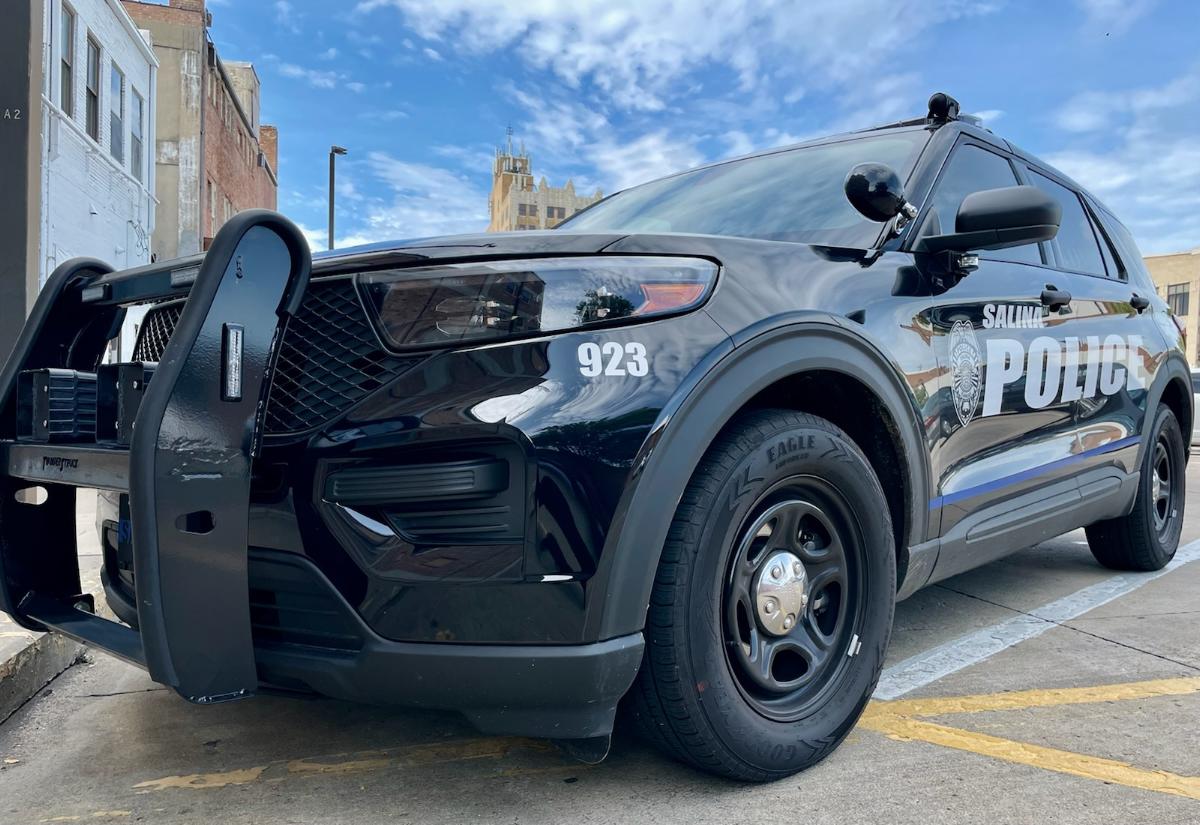We see it in the news daily. Stories of violent killings in our communities, in our nation, and on the world stage.
While the media focuses most of their attention on the victims and the perpetrators, the families who suffer the loss of one of their beloved family members often go unnoticed.
Murder is violent and it is unexpected. It is shocking and brutal. There is no way for a family member to anticipate this trauma, and just by the nature of the crime, it makes grieving as a family much more difficult.
Each member of the family will react in their own way to the murder. Once the initial shock is over, some may try to quickly move on with their lives, others will harbor intense feelings of anger and seek ways to avenge the death. There are those who will suffer with feelings of guilt, feeling that there should have been a way for them to prevent the murder. There can be anger toward the victim for having put themselves in the wrong place at the wrong time, or to involve themselves with these types of dangerous people who live in a culture of violence.
There are the family members who refuse to leave any stone unturned, especially if the murderer remains at large. They will work closely with law enforcement and some even turn to psychics to try and find the killer. Others will try to find meaning in the tragedy by becoming an activist for change.
With all the different ways that family members react, it can cause an emotional divide within. Differences of opinion on how to keep moving through this trauma can distance family members from each other. This, at a time, when they need each other most.
When a member of the family is lost, roles have to be redefined. If the parent of a child is lost, other family members have to take on the role of caretaker. The loss of the primary wage earner causes a financial strain and also shifts responsibilities. Adding to the financial strain can be medical bills for the victims who did not suffer an immediate death.
The stresses of murder in a family are unbelievably far-reaching and intensely emotionally wrenching. One of the primary concerns is the loss of a feeling of safety, especially if the perpetrator has not been identified. Families can worry that the murderer will come after them, leaving them feeling exposed and vulnerable.
Then there’s the media, who can become an unwelcome visitor to the family. Survivors can find themselves caught up in a media storm. Cameras and microphones descend upon them, as the curious public wants to hear the details. With constant news coverage streaming through radio, television and the web, there are stories of how family members first found out about the death through a news report.
Crime updates and video coverage can also be haunting. To the public, it’s just a body wheeling past the news cameras on a gurney. To the family, that is someone they love.
Uniquely distressing after a murder are the autopsy reports, crime scene photos, or having to repair or clean up the crime scene. Just trying to recover the victim’s personal effects from a crime scene is complicated. As the victim’s body is considered to be the “primary” evidence, there may be delays in releasing the body to the family, causing memorial arrangements to be postponed. All uniquely traumatizing for the survivors.
One can hold out hope that justice will be served, yet, within our judicial system, even when charges are brought against the killer, arrests do no always result in prosecution; prosecutions do not always result in convictions; and convictions do not consistently result in stiff sentences, laying more trauma, anger and guilt upon the surviving family.
When seeing news stories on homicide, keep the surviving family members in mind. Listen to my show this Saturday November 22, where I speak with a sister whose brother was murdered, and I talk more about how homicide affects a family. Listen because you will also hear what not to say to the surviving family members. This was a difficult call for me, but an important one for all of us to listen to, so listen to “The Joan Jerkovich Show”, this Saturday.
The Joan Jerkovich Show News Radio 1150 KSAL Saturdays @ 6:00 am CST Podcast posts to KSAL.com MondaysClick HERE to anonymously send Joan your question!




